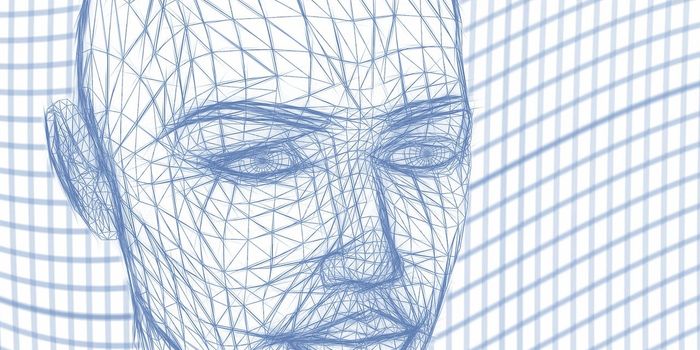Could Wearable Devices Detect a Person's Psychological Wellbeing?
Wearable devices have revolutionized healthcare. They offer new ways for people to keep track of important health information, from heart rate to the number of steps they take. This data can also be useful for health care providers monitoring their patients, including patients who are living with chronic conditions or people who have recently completed surgery and are in recovery. In sum, wearable devices provide valuable data to help people live health lives and get detailed insight into their habits and health.
However, wearables, necessarily, focus on collecting physical health information. The ability to assess mental health, for example, is challenging. But what if wearables could be used to assess measures of psychological wellbeing, as well?
Employing machine learning models, researchers at the Mount Sinai Hospital and Mount Sinai School of Medicine to analyze data collected by a wearable device, which may provide clues about certain aspects of a person’s psychological health, including resiliency and wellbeing. Moreover, these efforts do not require the use of mental health forms that are often used to assess psychological status. The team’s work is described in a recent article published in JAMIA Open.
Specifically, the team used AI to study if a machine learning tool could detect a person’s level of resilience and their psychological wellbeing from the data collected from a wearable; an Apple Watch, specifically. As part of their study, researchers used data from the Warrior Watch Study, which included data from around 329 healthcare workers at seven New York City Hospitals. The Apple Watches collected data about heart rate as well as survey data about resiliency and wellbeing. Together, these data were able to predict resilience or wellbeing in the Apple Watch wearers. This data can be used to further train the AI algorithm and improve it’s efficacy and accuracy.
In the future, researchers hope to be able to use AI and the data collected from wearable devices to better look for patterns that may indicate a psychological condition.
Sources: Science Daily; JAMIA Open








